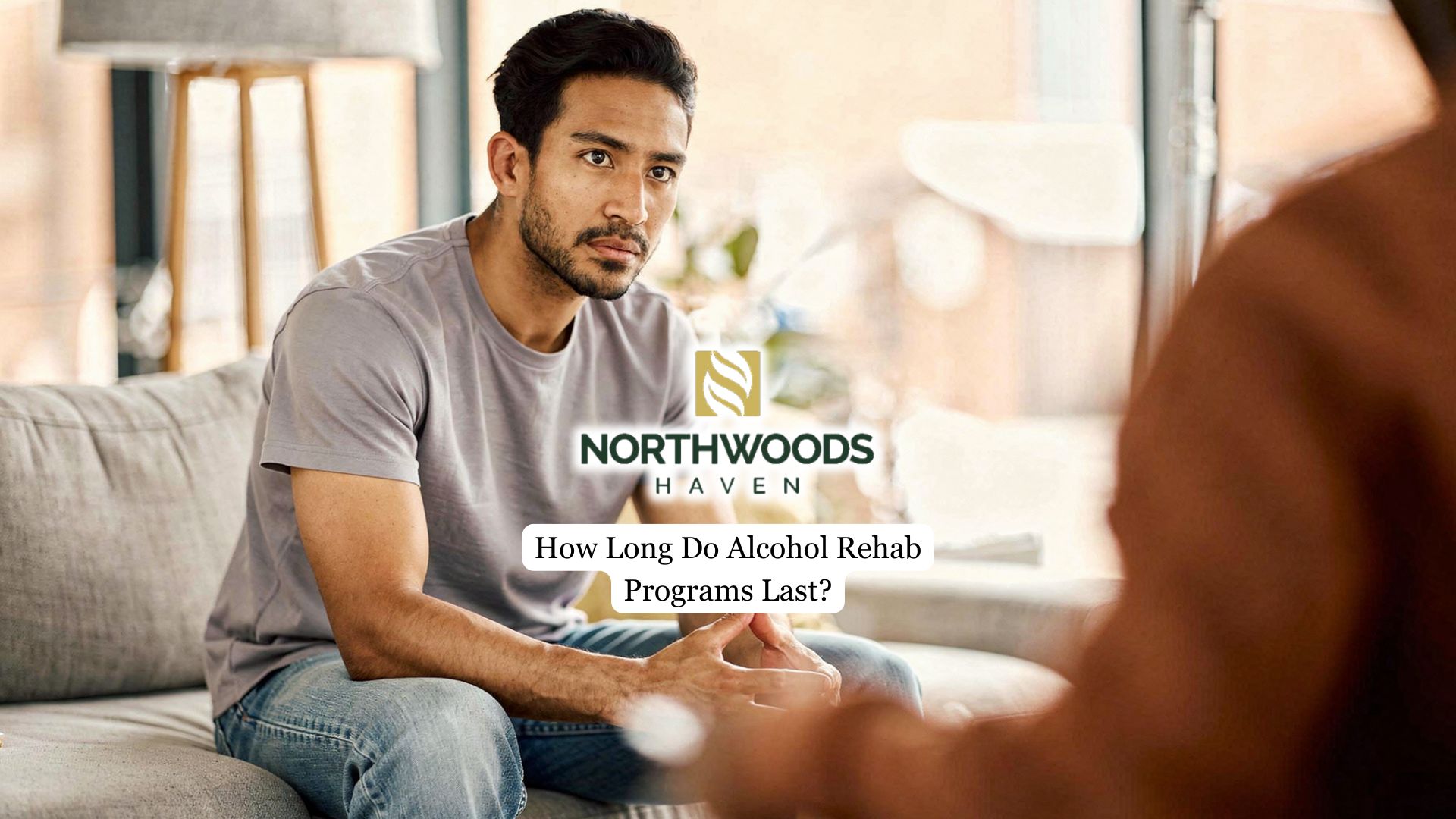When someone you care about is struggling with substance use, mental health issues, or other destructive behaviors, knowing how to help can feel overwhelming. Family and friends often try to step in, but without guidance, these efforts can quickly become tense or unproductive.
In this article, we’ll look at why professional help is sometimes necessary, what situations may call for outside guidance, and how working with an interventionist can support both your loved one and your family.
What Is a Professional Interventionist?
An interventionist is trained to guide loved ones in addressing addiction in a constructive and supportive way. Unlike attempts led by relatives that may escalate emotions, these specialists bring neutrality and experience to highly sensitive conversations. They prepare participants beforehand, structure the discussion, and keep the focus on the goal, encouraging the individual to accept treatment.
Their role is not about forcing change but facilitating an environment where acceptance and accountability become possible. Many trusted addiction treatment facilities like Northwoods Haven Recovery provide professional intervention services to help households take this step with confidence, ensuring that both the person struggling and their support network receive clear guidance and structured care throughout the process.
Signs You May Need Professional Help
Not every situation calls for an interventionist, but their expertise becomes critical when certain warning signs appear. Common indicators include:
- A loved one consistently refuses treatment despite multiple discussions, showing no willingness to even consider options
- Hostile or aggressive reactions when confronted about substance use, creating an unsafe or tense environment
- Conversations that repeatedly end in conflict without progress, leaving relatives emotionally drained and without direction
- Addiction escalating to the point of harming health, employment, or close relationships, with visible consequences that cannot be ignored
- Ongoing addiction denial despite mounting evidence of substance-related problems, which prevents meaningful change
In these high-stakes scenarios, structured guidance from a trained professional offers more than conversation management. It provides a clear, evidence-informed plan forward, helps with relapse risk, and transforms repeated dead ends into a realistic opportunity for recovery.
The Process of a Professional Intervention
These specialists typically begin with thorough preparation. This often includes private meetings with family members to discuss the situation, provide education about addiction, and set realistic expectations. During the meeting itself, they facilitate the conversation, ensuring it remains compassionate yet firm. The goal is not to shame the individual but to help them see the impact of their behavior and accept help.
They will have treatment options already arranged, so if the loved one agrees, the transition into care can be immediate. This proactive approach increases the chances of success by removing barriers to treatment.

The Benefits of Working with an Interventionist
One of the main benefits of involving a trained interventionist is the relief they bring to families. Their neutral perspective helps create a safe environment where everyone’s voice can be heard. Many household members find that simply having a professional present eases tension and allows them to focus on expressing real concern instead of reacting defensively.
This also provides structure, guiding participants in preparing thoughtful statements and keeping discussions on track. They come with treatment options ready, so if the loved one agrees, the next steps can be taken right away.
How Professional Intervention Supports Addiction Treatment
An intervention is often the first step toward effective addiction treatment. Guiding a loved one into acknowledging their struggles and accepting care, professionals open the door to long-term recovery. Whether the treatment involves outpatient programs, inpatient rehab, or ongoing therapy, the process ensures that the first step is taken with clarity and support.
Families who choose this path not only give their loved one a better chance at recovery but also reclaim a sense of stability and hope for the future. The process brings improved communication and renewed trust within the household, laying a stronger foundation for ongoing healing.
Final Thoughts from Northwoods Haven Recovery
Deciding whether to involve a professional interventionist can be one of the most important choices a family makes when helping a loved one. The structured guidance and expertise that they provide often mean the difference between continued denial and the first step toward recovery. Their role is not just about encouraging treatment but also about supporting families through an emotionally charged process.
At Northwoods Haven Recovery, we understand the challenges loved ones face when someone is resistant to help. Our team provides compassionate care and evidence-based support through our intervention service in Minneapolis, MN, designed to foster long-term recovery. With professional guidance and the right treatment environment, households can move from fear and uncertainty to hope and healing.



